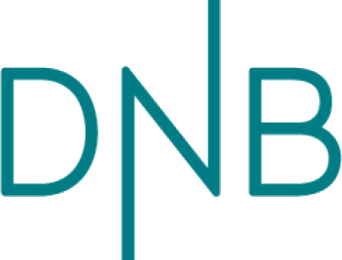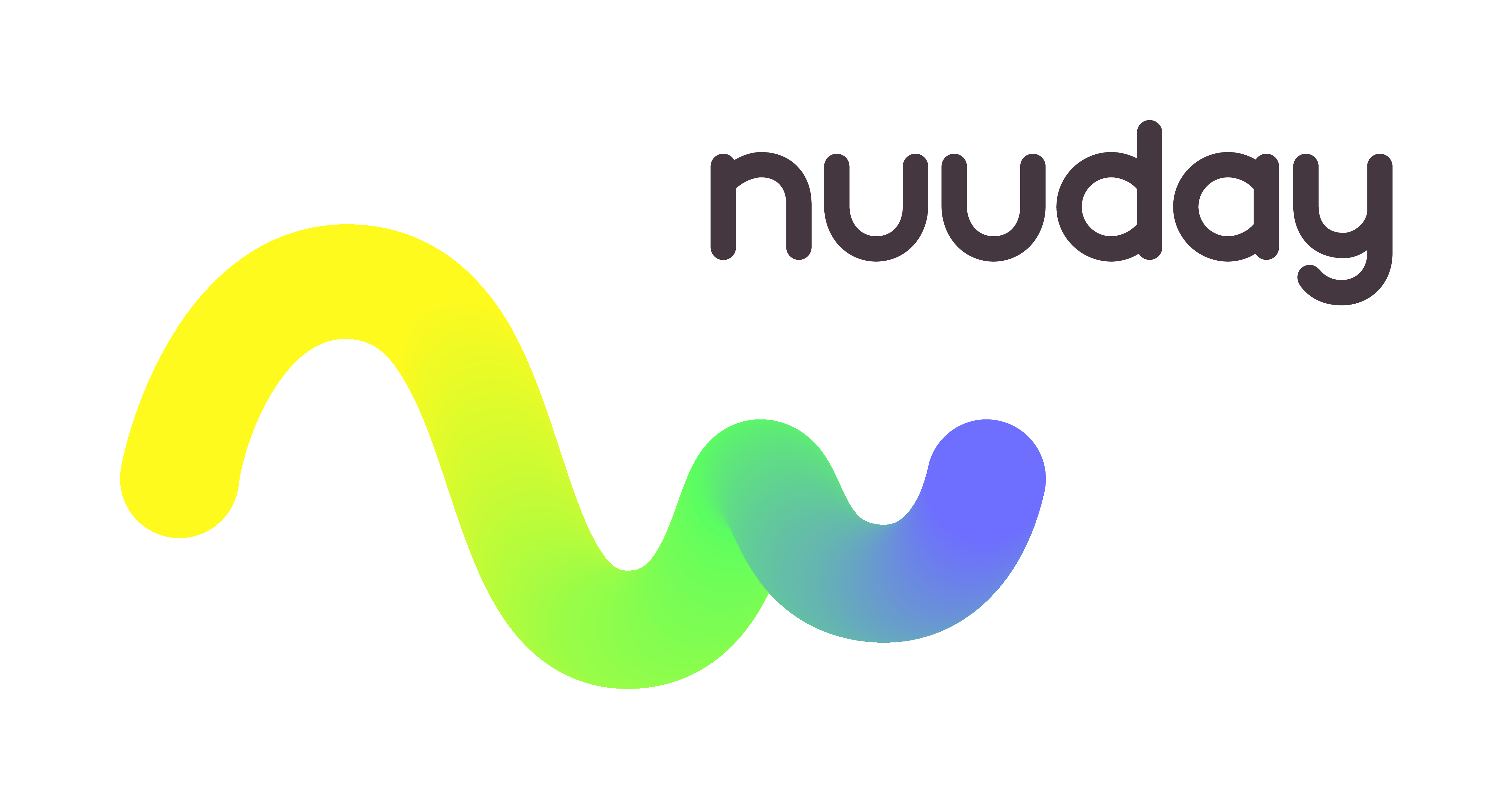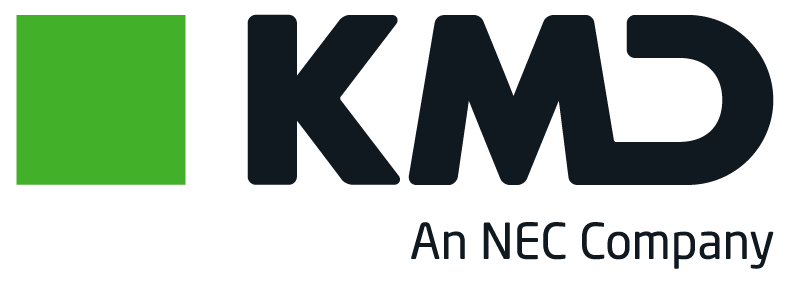
Trust your
mainframe insights.
Gain complete technical and financial transparency of your mainframe with ITBI™
Control and compliance
Our solution ensures complete control of your data and usage while complying with the highest standards in the field, including DORA and GDPR.
Understand and optimize
Business mapping and cost allocation transform technical data into business actionable insights. A single, fact-based language that everyone can understand and trust.
Encourage responsibility
Detailed insights into who is using what and for how much across the entire organization. Transparency shifts responsibility to users and encourages moderate use.
Cut unnecessary costs
ITBI™ can immediately identify ‘low-hanging fruit’ resulting in 10-15% savings on average. Our solution usually pays for itself within a few months.
ITBI™ Questions & Answers
-
What is ITBI™?
ITBI™ is SMT Data’s IT Business Intelligence platform that turns complex IT performance and cost data into actionable insights. It helps organizations optimize capacity, control costs, and align IT operations with business goals Read More.
-
What makes ITBI™ different from other IT analytics platforms?
ITBI™ specializes in deep mainframe and enterprise IT cost transparency. Unlike generic analytics tools, it integrates capacity, performance, and financial data in one platform, enabling actionable insights and measurable cost savings — typically 15–20% on capacity-related costs — while bridging the gap between IT and business stakeholders.
-
How quickly can we see results after implementation?
Most organizations gain actionable insights within weeks and see measurable savings within the first few months. ITBI™ leverages your existing data sources, ensuring a fast, low-disruption implementation.
-
Is ITBI™ secure?
Yes. Security is foundational to ITBI™. SMT Data is SOC 2 Type II and ISO 27001 certified, ensuring your data is protected by the highest industry standards for security, confidentiality, and compliance.
-
What are the benefits of ITBI™?
ITBI™ provides clear transparency into IT operations and costs, helping teams make fact-based decisions across IT, finance, and management. Organizations typically reduce capacity-related costs by 15–20%, gain better vendor oversight, and improve planning, optimization, and innovation.
Target Stakeholders.

Application Development: Understand the impact of application changes on capacity costs and identify opportunities for optimization.
Capacity Managers: Translate business plans into capacity projections and relate anomalies to applications or business units.
IT Finance: Allocate costs accurately, build better budgets, and understand cost drivers and anomalies.
IT Operations: Prioritize workloads and address performance issues, ensuring stable operations.
Senior Management: Quantify the relationship between capacity costs and business volumes, holding teams accountable for costs and creating reliable plans.
Vendor Management: Understand usage of vendor products and forecast changes in usage based on business plans.















